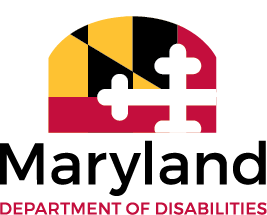Being Healthy
Good health means taking care of your physical, mental, and emotional well-being. As you grow into being an adult, you can transition into being more involved in planning for your health and health care.

Health Care Transitions
Health care transitioning is a time when you and your parents begin planning your health care as an adult. Health care transitioning usually happens between the ages of 18 to 21 years.
Choosing a Doctor
Primary care doctors are doctors that see you for your basic, overall health needs. If you are looking for a doctor who treats adults, you can ask for suggestions from your current doctor or people you know. Dental care is also essential to maintaining good health.
Specialists are doctors that deal with specific kinds of health needs. If you go to a specialist now, you may have the same specialist as an adult. Specialists might include doctors that treat heart disease, allergies, skin, or vision.
Parents usually choose doctors for their children, make appointments, fill out forms, advocate for their children’s needs, arrange payment and get prescriptions. You can decide to do some, or all, of these of these tasks as you transition. Most important, you can be involved in decisions about your health care and treatment.
Many young adults choose to have their parents or another trusted adult provide some guidance when they’re making medical decisions, especially if those decisions are complicated ones.
Health Information to Know
When comes to your health, it is important to know and keep the following information close by. You might consider keeping it on your phone or in your purse or wallet. This information is especially important when preparing for a doctor’s appointment.
Your Health Checklist
Video Story
How do you Prepare for a Doctor’s Appointment? Teens share
Source: From the PACER Video Series Preparing For Adulthood: Taking Charge of My Own Health Care. To learn more, visit PACER website.

